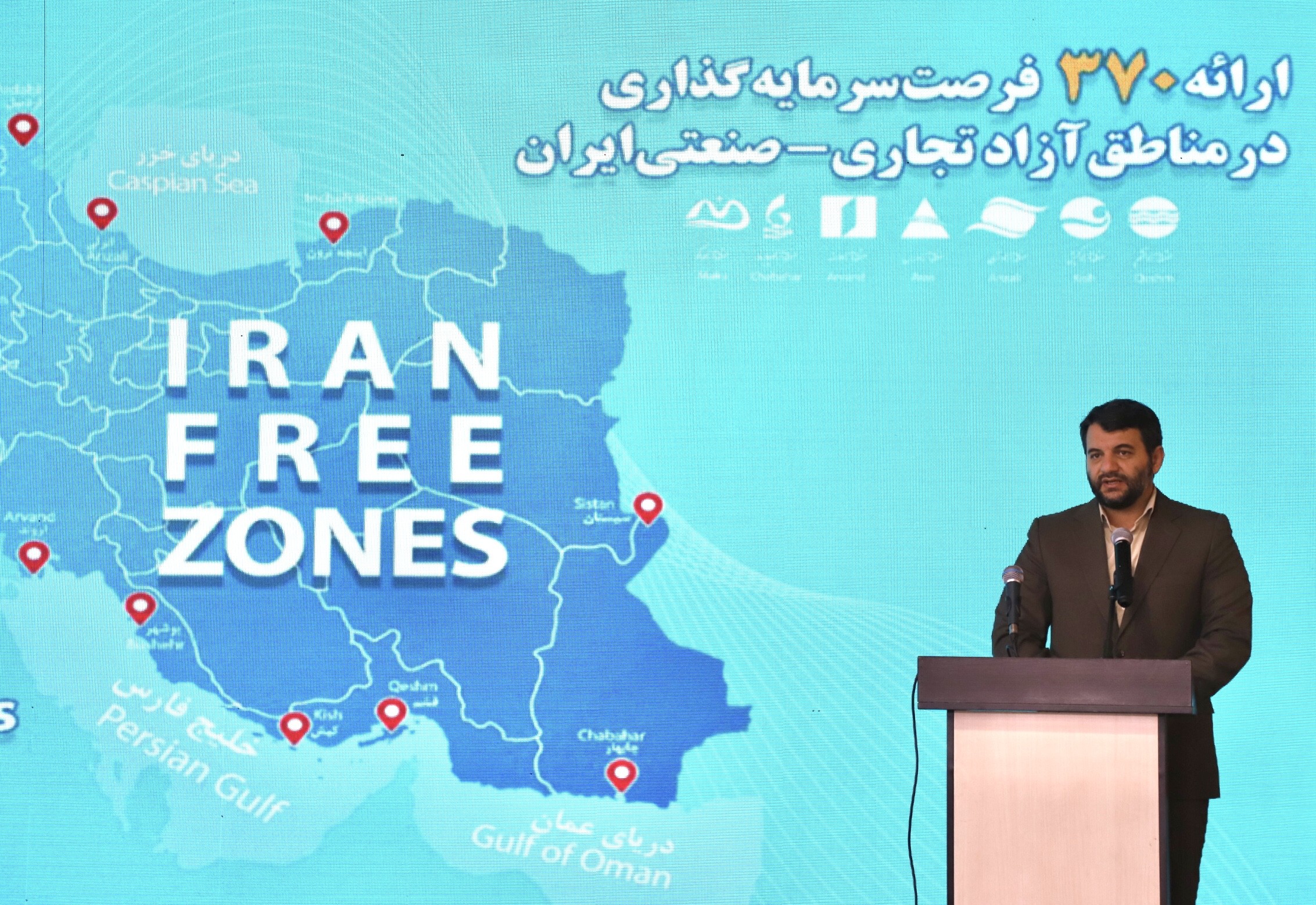
Speaking on the sidelines of the Export Potential Exhibition of the Islamic Republic of Iran (Iran EXPO 2023), Abdolmaleki said the initial studies on these projects have been carried out and they will soon be started, Tasnim news agency reported.
“Preliminary justification plans have been prepared, which shows that these projects are going to be profitable. Studies related to the market, land, energy, etc. have also been conducted,” the official added.
The establishment of free trade zones in Iran dates back to the Iranian calendar year 1368 (March 1989 - March 1990) following the fall in the country’s oil income in the preceding year which prompted the government to promote non-oil exports.
The first two free trade zones of Iran were established in the south of the country. The first one was Kish Free Trade Zone established in 1368 on Kish Island in the Persian Gulf and the second one was Qeshm Free Trade Zone established the year after on Qeshm Island in the Strait of Hormuz.
Some five other free trade zones have been also established in the country since then, including Chabahar in southeastern Sistan-Baluchestan Province, Arvand in southwestern Khuzestan Province, Anzali in northern Gilan Province, Aras in East-Azarbaijan Province and Maku in West-Azarbaijan Province, both in the northwest of the country.
The development of existing free trade zones and the establishment of new zones has become one of the major economic approaches of the Iranian government.
In last December, Abdolmaleki said that this council is seeking to modify the country’s free trade zones comprehensive law.
Speaking in a TV program, the official said, “The good news for the entrepreneurs of the regions, both the current ones and those who, God willing, will soon join us, is that we are looking for the modification of the so-called comprehensive law.”
“The free zones have been relatively successful, although they also had failures; What is our main goal is to guide the free zones to that main path and those goals that are considered in the resistance economy, that are the increase of exports and foreign investment and the transfer of technology and also meeting the country's needs”, he stated.
“We follow two approaches or two general strategies in the new period of management in the free zones. Our first approach is to popularize the free zones and our second approach is to globalize these zones”, Abdolmaleki added.